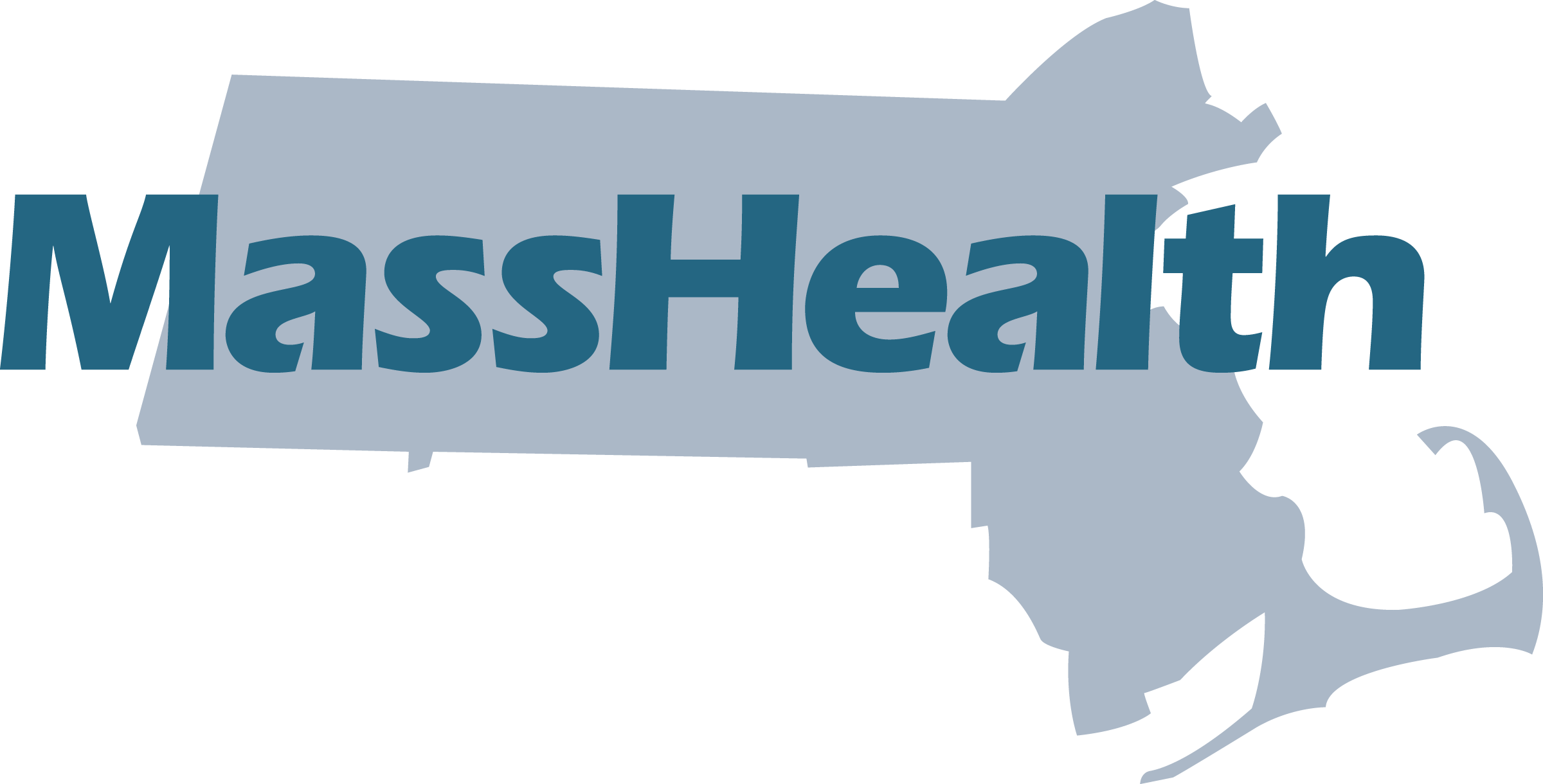- MassHealth
Media Contact
Stacey Nee, Director of Communications, MassHealth
BOSTON — MassHealth’s nutrition services program that provides nutritious food to its members has had positive results, according to a recent study conducted by researchers at UMass Chan Medical School. Findings show that participating individuals were significantly less likely to go to the emergency room or be hospitalized compared to those who did not participate. The program also resulted in cost savings for MassHealth, which is Massachusetts’ combined Medicaid and Children’s Health Insurance Program.
“We’re excited that MassHealth’s nutrition services program is proven to improve health outcomes and lower health care costs,” said Governor Maura Healey. “This program is essential for helping families put nutritious food on the table and reducing food insecurity, while also improving their health and making it less likely they will need to seek care at a hospital or emergency room. This is good for our health and good for our economy.”
“We know that a healthy diet leads to better health outcomes,” said Lt. Governor Kim Driscoll. “This study highlights that removing barriers to healthier eating is also a good investment in terms of cost savings.”
The study evaluated over 20,000 MassHealth members who were offered a range of nutrition services from January 2020 through March 2023. Services included medically tailored meals, home-delivered meals, food boxes, groceries, produce prescriptions, food vouchers, gift cards, and connections to community food pantries or federal nutrition program assistance.
Program participation was associated with a 23 percent reduction in hospitalizations and a 13 percent reduction in emergency department visits for MassHealth members who received services compared with those members who were eligible non-participants.
Adults with more than 90 days of enrollment had on average $2,502 less in health care expenditures compared with non-participants, which resulted in net cost savings to MassHealth after paying for program services for these adults. Furthermore, health care costs were on average $1,721 lower among MassHealth members while they were receiving services following the height of the COVID-19 pandemic (2022-2023).
“This study is even more important at this moment when the federal government is proposing cuts to Medicaid,” said Secretary of Health and Human Services Kate Walsh. “It proves that by making smart investments upfront in health related social needs like nutrition, we can actually lower health care spending while helping people live healthier lives. It’s not just the right thing to do, it’s good policy for Medicaid spending, and we’re proud that MassHealth continues to lead the way nationally.”
MassHealth introduced the nutrition initiative in 2020 through Accountable Care Organizations (ACOs) that partner with community-based organizations to deliver the services. MassHealth ACOs are health systems or groups of providers that accept responsibility for the quality and cost of care for a defined population of MassHealth members.
“Improving health outcomes and reducing costs for members is central to our mission at MassHealth, and we’re grateful to our ACO and community-based partners across Massachusetts for their dedication and partnership in this work” said Undersecretary for MassHealth Mike Levine. “I am encouraged by this study and look forward to finding more ways to keep our members healthy and avoid unnecessary health care utilization.”
In January, MassHealth made a major shift in its approach to offering health related social needs (HRSN) services, such as nutrition services. MassHealth ACOs are currently required to offer at least one housing service and one nutrition service for eligible members and contract with housing and nutrition organizations as HRSN providers to deliver these services.
Statements of Support
Kurt Hager and Matt Alcusky, UMass Chan Medical School professors and study authors:
“Our findings show that nutrition programs providing healthy food to patients with complex medical needs and food insecurity can reduce hospitalizations and emergency department visits, and in many cases, even reduce healthcare costs and save the state's Medicaid program a substantial amount of money. These ‘Food is Medicine’ programs can stabilize patients during an acutely challenging period and may improve health outcomes through better nutrition while also making other routine medical care more effective, for example by improving medication adherence.”
Christina Severin, CEO, Community Care Cooperative (C3):
“C3 leveraged the Flexible Services Program to integrate nutrition support into the whole-person care our members receive from Federally Qualified Health Centers. By addressing hunger and nutrition as part of our clinical strategy, we’re improving health outcomes, reducing avoidable emergency and inpatient care, and strengthening trust between patients and their care teams. We’re investing in community partnerships and interventions that ensure access to healthy foods and nutrition education — critical tools for improving health. These services are vital for supporting primary care and for preventing and managing chronic conditions.”
Erin McAleer, President and CEO, Project Bread:
“We are thrilled to see that the Flexible Services Program has resulted in statistically significant health improvements and savings to the health care system. Over the last five years, we have served nearly 17,000 MassHealth members, and the UMass evaluation data reinforces the self-reported outcomes we have seen time and time again. Members share that they appreciate how the program helps them purchase healthy foods and provides cooking equipment and nutrition knowledge to help them prepare delicious and nutritious meals. Members continue to report an increased consumption of fruits and vegetables and an improvement in their overall health.”
###
